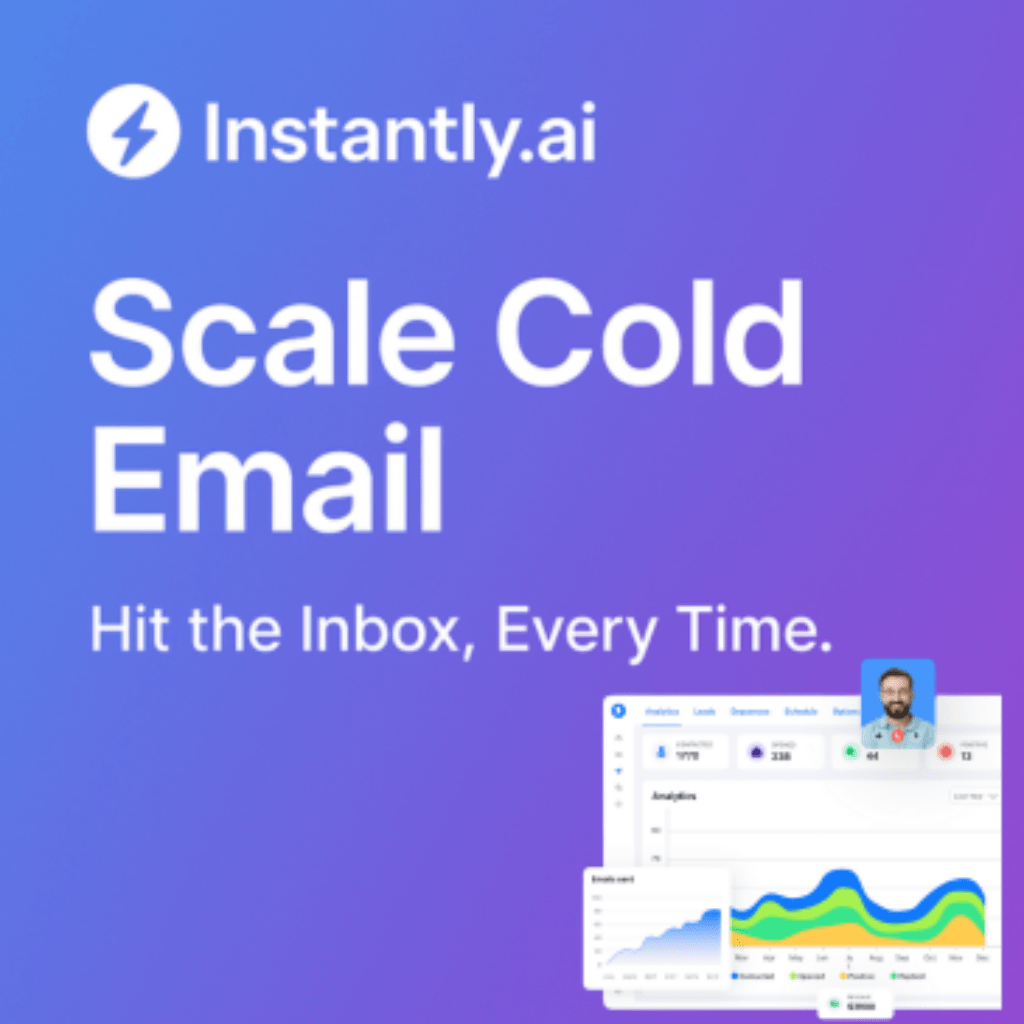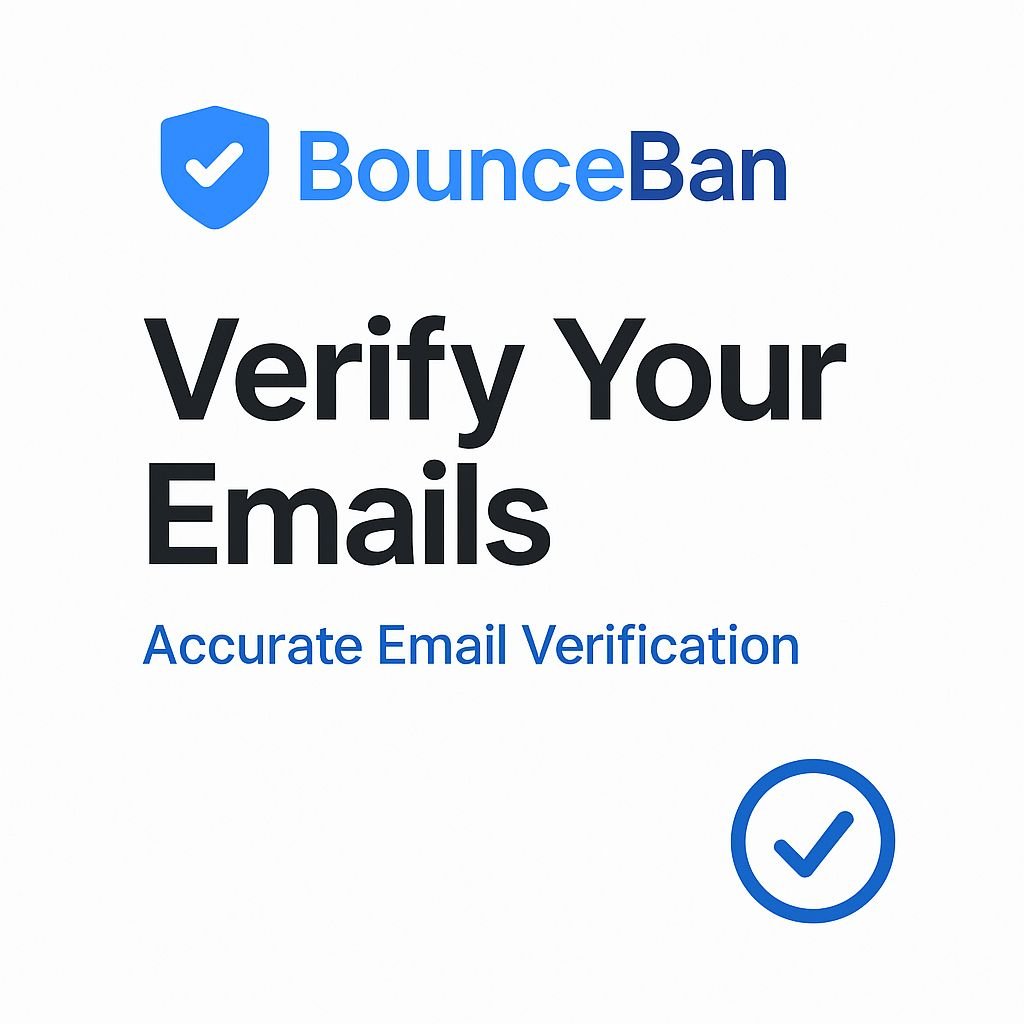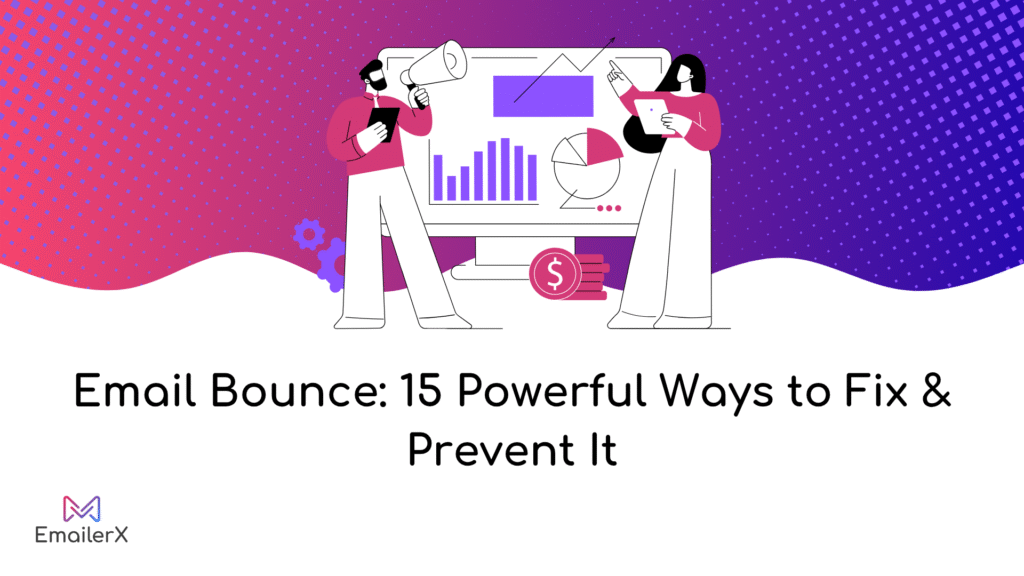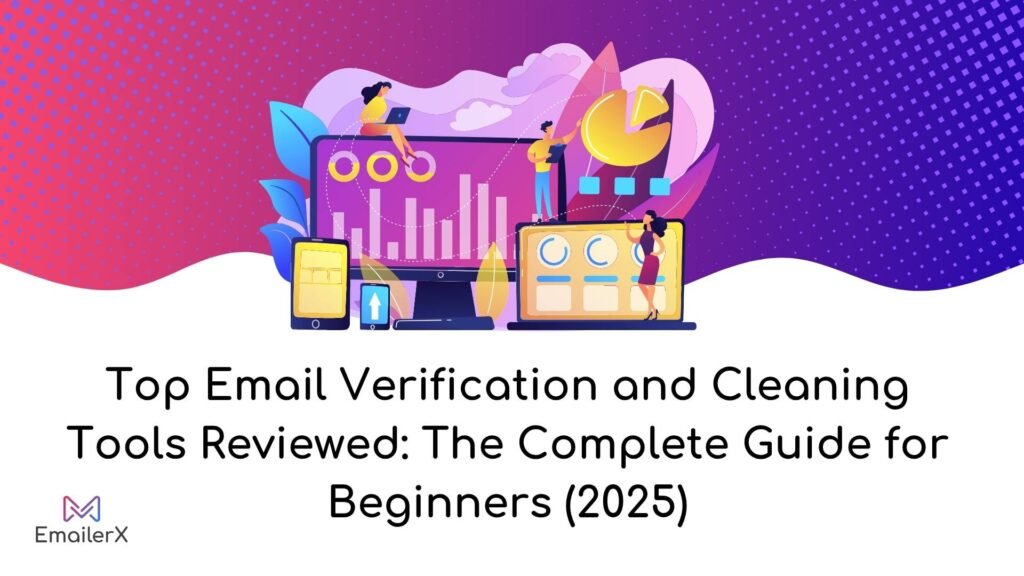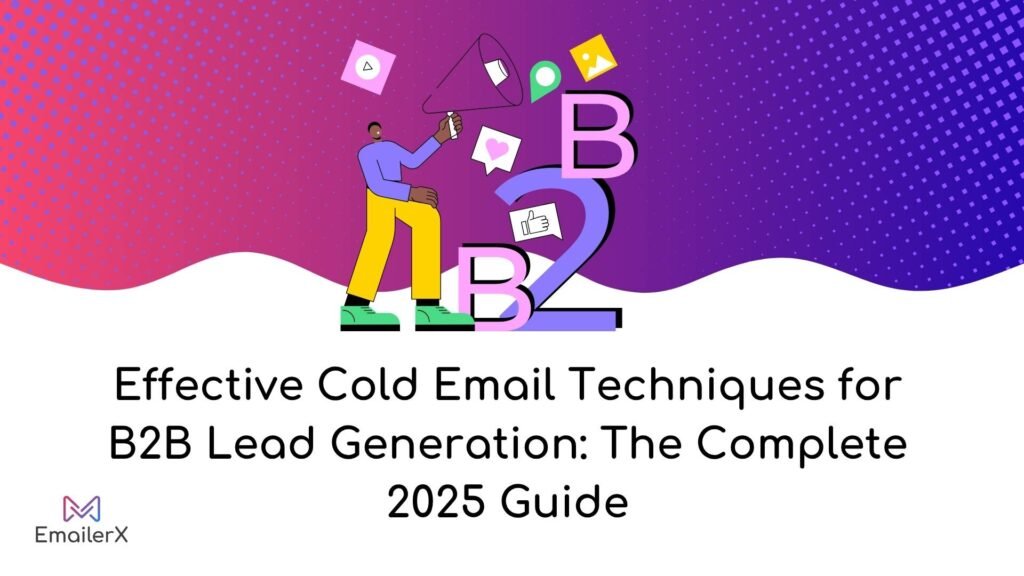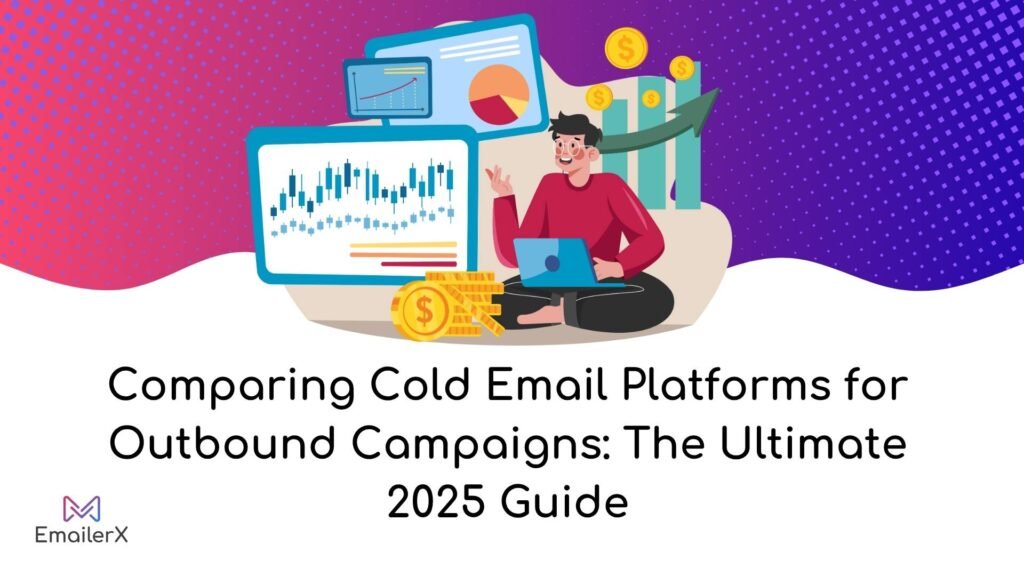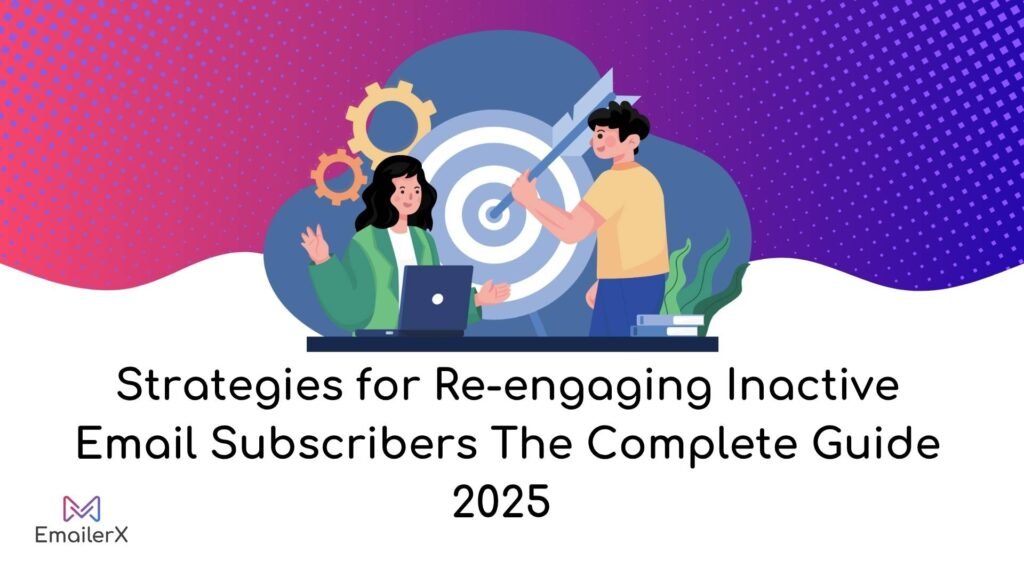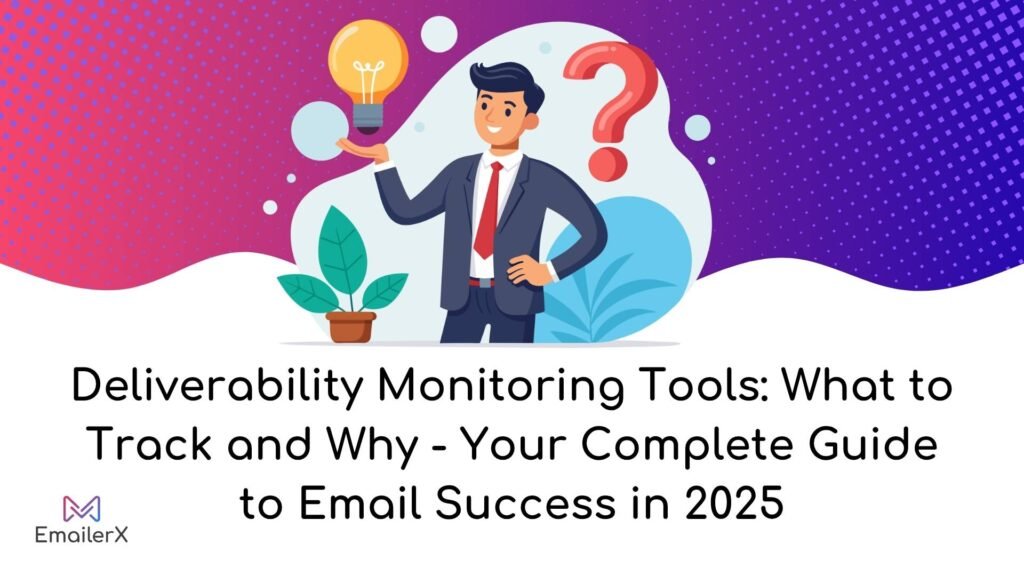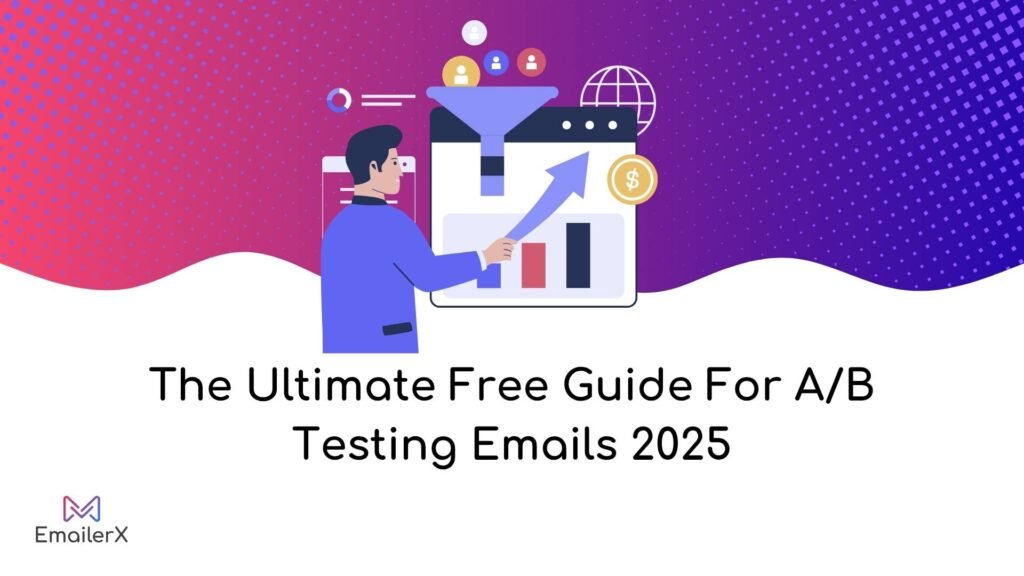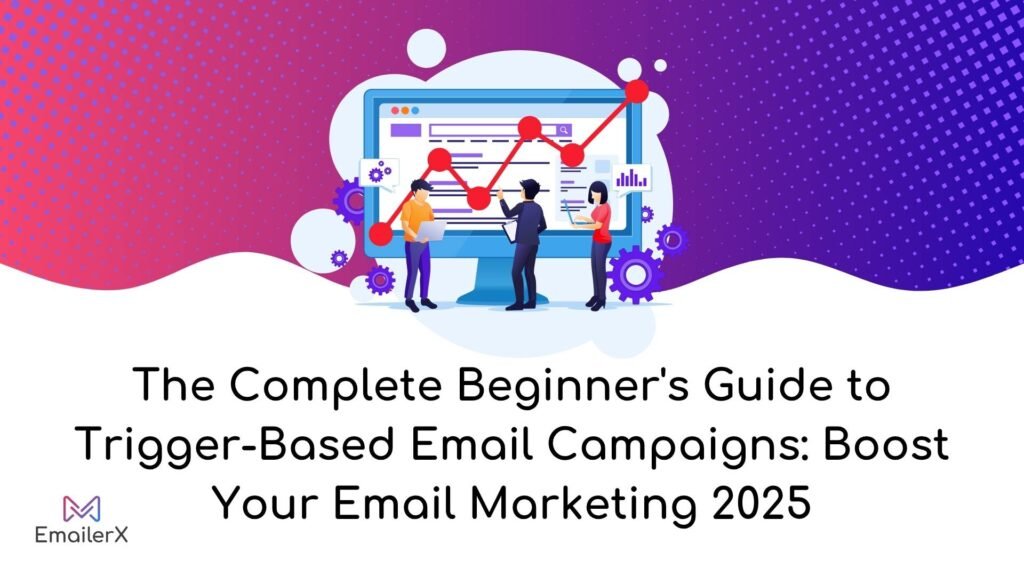Comparing cold email platforms has become increasingly complex as the outbound marketing landscape evolves in 2025, with dozens of tools promising to revolutionize your outreach campaigns.
Whether you’re a startup founder looking to scale your first sales efforts or an enterprise team managing high-volume campaigns, choosing the right cold email platform can make the difference between inbox success and spam folder obscurity.
With new AI-powered features, enhanced deliverability protocols, and stricter compliance requirements reshaping the industry, the stakes have never been higher for making an informed decision.
This comprehensive guide cuts through the marketing noise to provide you with data-driven comparisons, real-world performance insights, and actionable recommendations that will help you select the cold email platform that aligns perfectly with your campaign goals, budget, and technical requirements.
Table of Contents
ToggleUnderstanding Cold Email Platforms
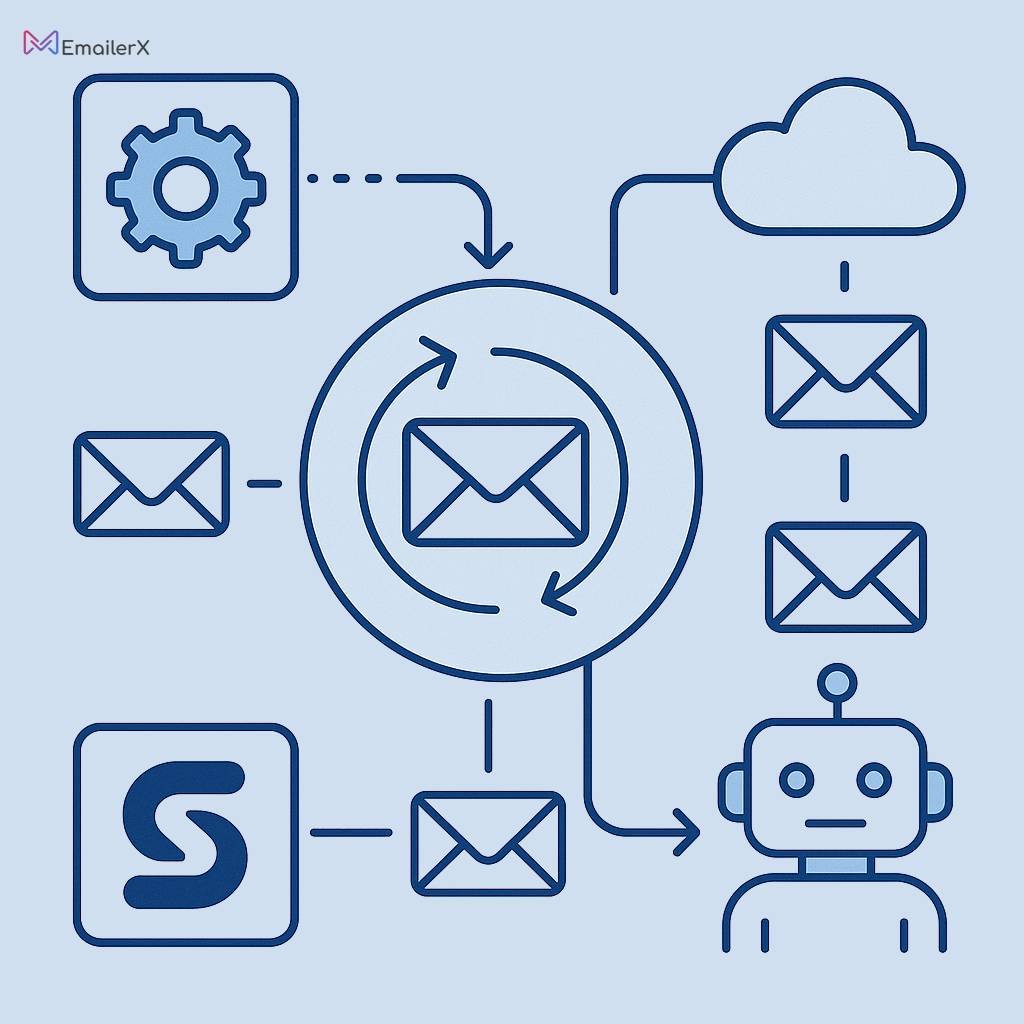
Cold email software represents the backbone of modern outbound sales and marketing strategies. These platforms enable businesses to automate, personalize, and scale their email outreach efforts while maintaining deliverability and compliance standards.
What Makes Cold Email Platforms Different?
Unlike traditional email marketing tools that focus on existing subscribers, cold email automation platforms are specifically designed for:
- First-time outreach to unknown prospects
- Advanced personalization at scale
- Deliverability optimization for cold outreach
- Compliance management for various regulations
- Multi-sequence automation with intelligent follow-ups
Why Platform Choice Matters
Recent studies show that 70% of cold email campaigns fail due to poor platform selection rather than messaging issues. The right platform can mean the difference between a 2% and 20% response rate.
Key Impact Areas:
- Email deliverability rates (inbox vs. spam folder)
- Time efficiency through automation
- Compliance adherence to avoid legal issues
- Scalability for growing businesses
- ROI optimization through better tracking
Essential Features for Comparing Cold Email Platforms
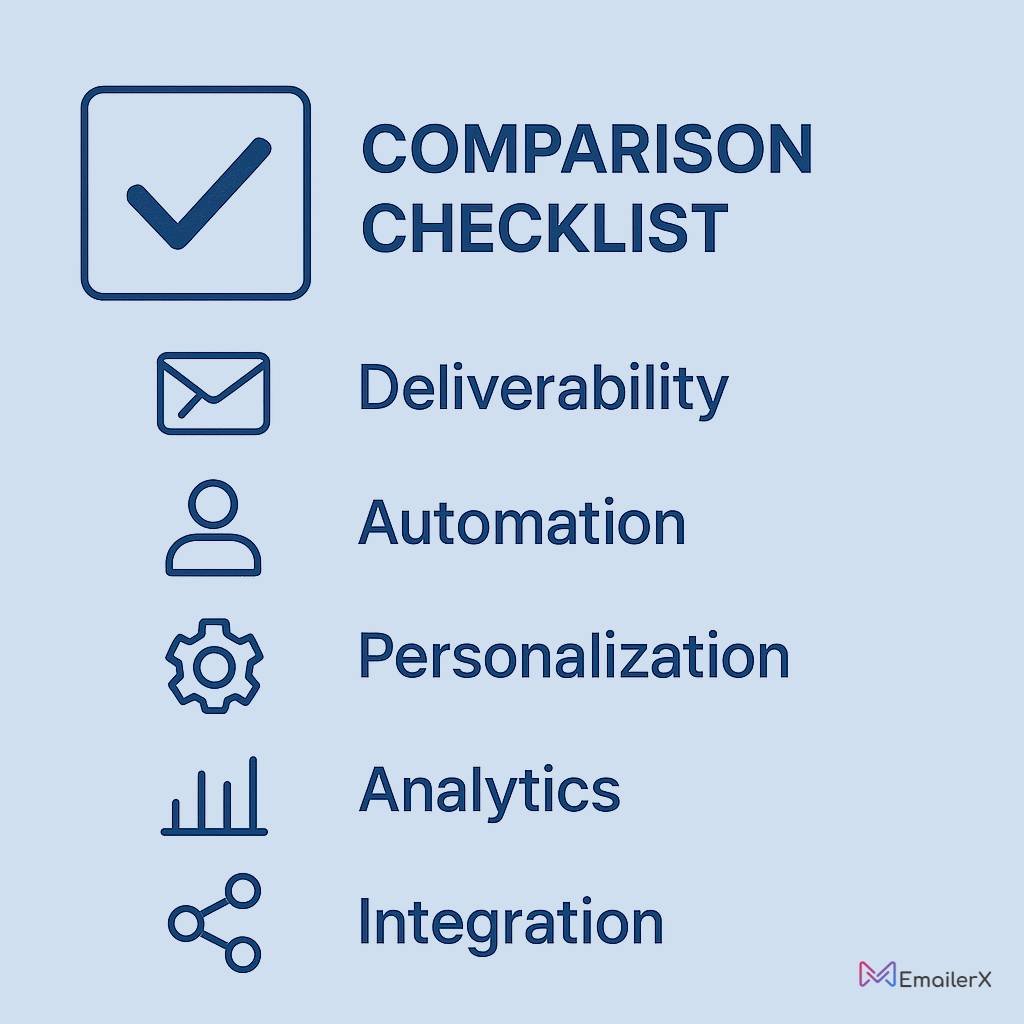
When comparing cold email platforms, focus on these critical features that directly impact campaign success:
1. Email Deliverability Infrastructure
Email deliverability remains the most crucial factor for cold email success. Look for platforms offering:
Advanced Deliverability Features:
- Email warm-up tools with automated reputation building
- Sender reputation management with real-time monitoring
- Domain and IP management for optimal sending
- Spam filter testing and optimization
- Inbox placement monitoring with detailed reporting
Technical Infrastructure:
- SMTP integration with major providers
- Email authentication setup (SPF, DKIM, DMARC)
- Dedicated IP options for high-volume senders
- Mailbox rotation for distributed sending
- Send time optimization based on recipient behavior
2. Automation and Sequence Management
Email automation capabilities determine how efficiently you can scale your outreach:
Sequence Features:
- Multi-step sequences with conditional logic
- Follow-up email automation based on engagement
- A/B testing for cold emails with statistical significance
- Drip campaign management with advanced scheduling
- Automated email sequences for B2B with industry templates
Smart Automation:
- Behavioral triggers for sequence progression
- Auto-pause on replies to prevent awkward follow-ups
- Timezone optimization for global outreach
- Email throttling and limits for deliverability
- Bounce handling with automatic list cleaning
3. Personalization and Content Management
Email personalization at scale separates successful campaigns from spam:
Personalization Options:
- Dynamic content insertion with merge tags
- Custom variables for deep personalization
- Spin tax support for content variation
- AI-powered personalization with machine learning
- Image and video personalization for higher engagement
Content Management:
- Cold email templates library with industry-specific options
- Template editor with drag-and-drop functionality
- Content optimization suggestions
- Compliance checking for legal requirements
- Version control for template management
4. Analytics and Performance Tracking
Email analytics and reporting provide insights for optimization:
Core Metrics:
- Open rates with heat mapping
- Click-through rates with link tracking
- Reply rates and sentiment analysis
- Bounce rates with categorization
- Unsubscribe rates and list health
Advanced Analytics:
- ROI tracking with revenue attribution
- Campaign comparison tools
- Cohort analysis for long-term performance
- Predictive analytics for optimization
- Custom reporting with white-label options
5. Integration and Workflow Management
CRM integration for email and workflow automation streamline operations:
Essential Integrations:
- Salesforce, HubSpot, Pipedrive connectivity
- LinkedIn automation for multi-channel outreach
- Slack and Teams for team notifications
- Calendar integration for meeting scheduling
- Zapier connectivity for custom workflows
Workflow Features:
- Lead management with automatic categorization
- Task automation for follow-up actions
- Team collaboration tools
- Multi-user management with role-based access
- Client management for agencies
Top Cold Email Platforms Compared
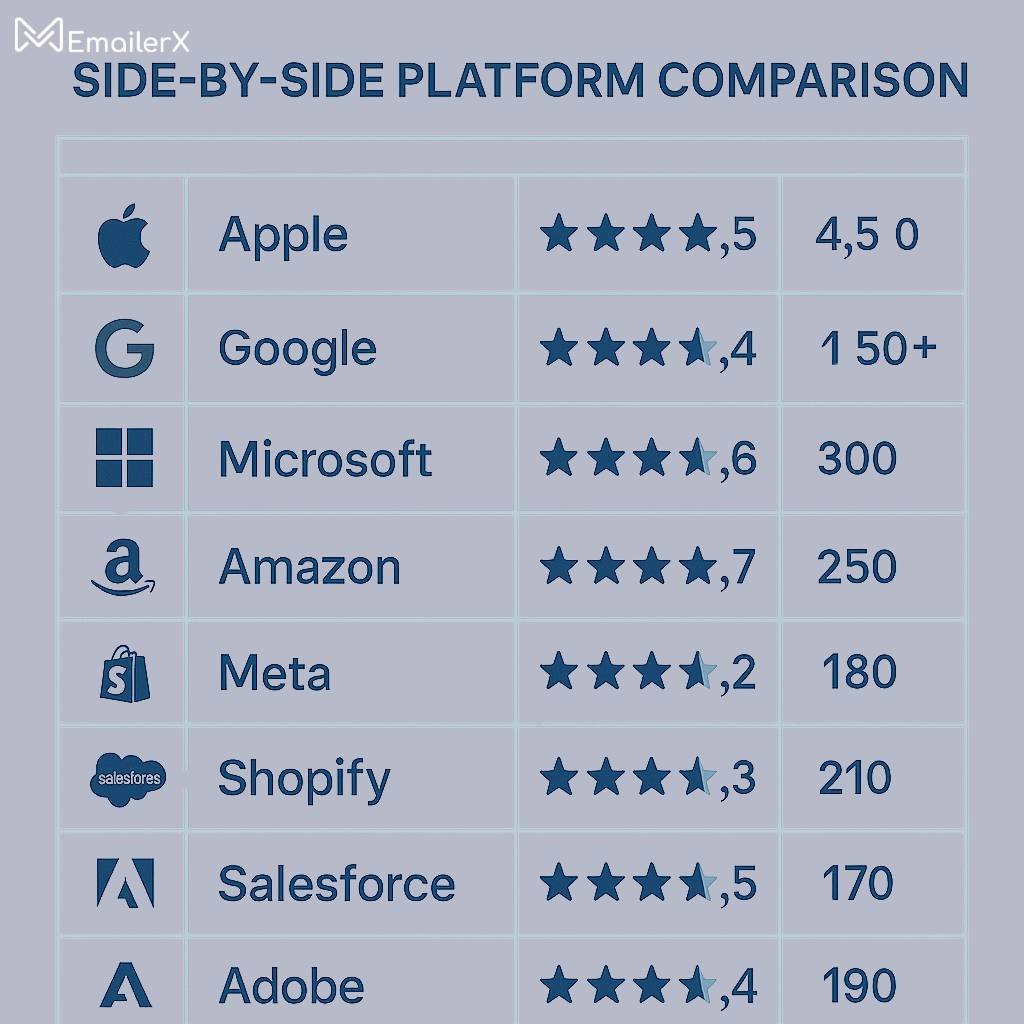
Let’s examine the best cold email software for 2025 across different categories and use cases:
Enterprise-Grade Platforms
1. Outreach.io
Best for: Large sales teams and enterprise organizations
Strengths:
- Advanced analytics with predictive insights
- Comprehensive integrations with major CRMs
- Enterprise security and compliance features
- Team collaboration tools with advanced permissions
- Multi-channel outreach including calls and social
Limitations:
- High pricing starting at $100+/user/month
- Complex setup requiring technical expertise
- No built-in warm-up features
- Limited for small businesses
Pricing: Custom pricing starting around $100/user/month
2. Salesloft
Best for: Mid-market to enterprise sales organizations
Strengths:
- Cadence management with sophisticated automation
- Call integration with automatic logging
- Revenue intelligence with AI insights
- Coaching tools for team improvement
- Advanced reporting with customizable dashboards
Limitations:
- Expensive for smaller teams
- Steep learning curve
- Limited deliverability features
- Requires significant training
Pricing: Starting at $125/user/month
Mid-Market Solutions
3. Instantly.ai
Best for: Scaling agencies and growing businesses
Strengths:
- Unlimited email accounts for maximum scalability
- AI-powered features for content generation
- Advanced warm-up with network effects
- Agency-friendly pricing and features
- Strong deliverability focus
Limitations:
- Interface complexity for beginners
- Limited template library
- Higher learning curve
- Pricing can escalate quickly
Pricing: Starting at $37/month for Growth plan
4. Lemlist
Best for: Creative marketers seeking personalization
Strengths:
- Advanced personalization with images and videos
- LinkedIn integration for multi-channel outreach
- Creative campaign options with landing pages
- Strong deliverability tools included
- Comprehensive feature set
Limitations:
- Higher pricing for advanced features
- Complex interface for beginners
- Limited email account scaling
- Setup complexity
Pricing: Starting at $32/month for Email Starter
Small Business and Startup Solutions
5. Woodpecker
Best for: Small to medium businesses focused on simplicity
Strengths:
- User-friendly interface with minimal learning curve
- Affordable pricing for small teams
- Solid deliverability features
- Good customer support
- Agency options available
Limitations:
- Limited advanced features
- Basic automation compared to competitors
- Prospect limits on lower tiers
- Limited integrations
Pricing: Starting at $29/month
6. Hunter Campaigns
Best for: Freelancers and small businesses starting with cold email
Strengths:
- Generous free plan with 500 recipients
- Simple interface perfect for beginners
- Integrated with Hunter email finder tools
- Affordable pricing for small volumes
- Easy setup process
Limitations:
- Limited automation features
- No advanced personalization
- Basic analytics
- Limited scalability options
Pricing: Free plan available; paid plans start at $49/month
Agency and High-Volume Solutions
7. Smartlead.ai
Best for: Agencies managing multiple clients
Strengths:
- Unlimited email accounts and warm-up
- Client management features
- Strong deliverability focus
- Affordable pricing for agencies
- AI optimization features
Limitations:
- Interface design needs improvement
- Limited integrations
- Setup complexity for beginners
- Client onboarding challenges
Pricing: Starting at $32.50/month for Basic plan
8. Reply.io
Best for: Multi-channel outreach with comprehensive features
Strengths:
- Multi-channel automation (email, LinkedIn, calls)
- AI assistant for optimization
- Advanced analytics and reporting
- Good integration ecosystem
- Strong support team
Limitations:
- Expensive pricing structure
- Complex interface
- Limited email accounts on lower plans
- High learning curve
Pricing: Starting at $49/month for cold email only
Industry-Specific Platform Recommendations
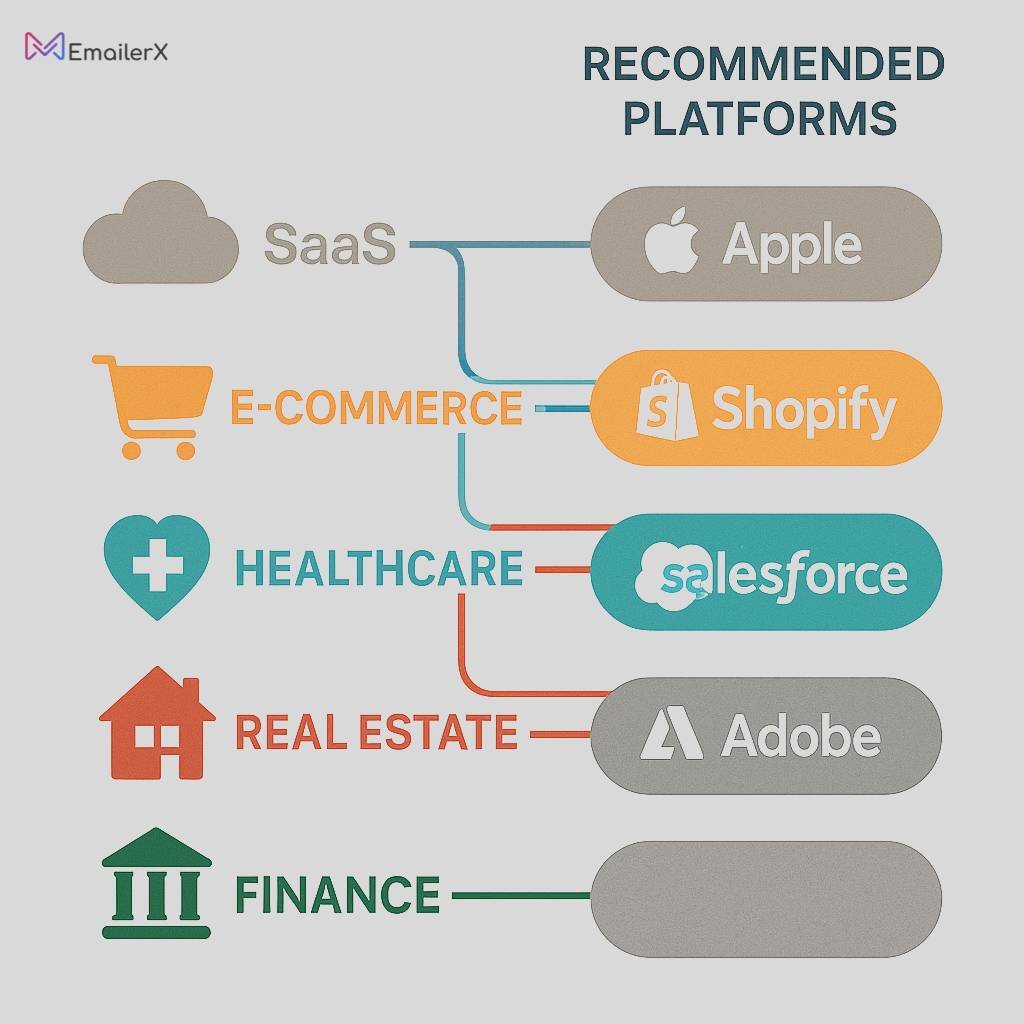
Different industries have unique requirements when comparing cold email platforms:
SaaS Companies
Recommended: Outreach.io or Instantly.ai
- Long sales cycles require sophisticated nurturing
- Technical audiences appreciate detailed tracking
- Integration needs with development tools
- Compliance requirements for enterprise clients
E-commerce Businesses
Recommended: Mailshake or Lemlist
- Visual personalization for product showcases
- Quick decision cycles need responsive automation
- Multi-channel approach including social media
- ROI tracking for marketing attribution
Professional Services
Recommended: Woodpecker or Hunter Campaigns
- Relationship building focus over hard selling
- Local market targeting capabilities
- Compliance management for regulated industries
- Cost-effective solutions for smaller teams
Real Estate
Recommended: Close or Reply.io
- CRM integration for lead management
- Call integration for immediate follow-up
- Local market data integration
- Mobile-friendly interfaces for field work
Healthcare/FinTech
Recommended: Outreach.io or Salesloft
- Strict compliance requirements (HIPAA, SOX)
- Enterprise security features
- Audit trails for regulatory purposes
- Advanced permission management
Pricing Analysis and ROI Considerations
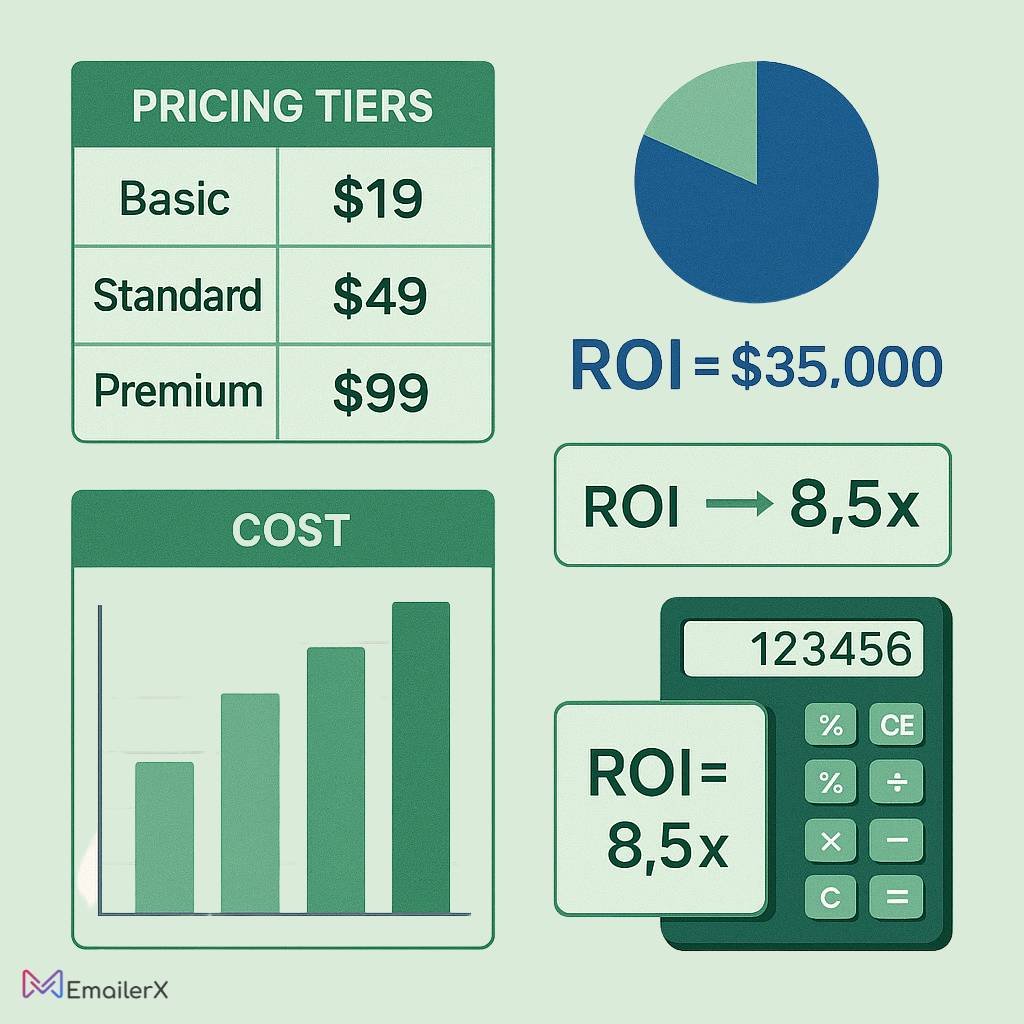
Understanding the true cost of cold email software goes beyond monthly fees:
Total Cost of Ownership Analysis
Direct Costs:
- Platform subscription fees
- Additional email accounts (where charged separately)
- Integration costs with existing tools
- Training and onboarding expenses
- Add-on features and upgrades
Indirect Costs:
- Setup time and opportunity cost
- Learning curve impact on productivity
- Data migration from previous tools
- Support and maintenance requirements
- Compliance management overhead
ROI Calculation Framework
Simple ROI Formula:
ROI = (Revenue Generated – Total Platform Cost) / Total Platform Cost × 100
Advanced ROI Considerations:
- Customer lifetime value attribution
- Sales cycle acceleration benefits
- Team productivity improvements
- Opportunity cost of manual processes
- Risk mitigation value (compliance, deliverability)
Budget-Based Recommendations
Startups ($0-500/month budget):
- Hunter Campaigns – Free to $49/month
- Woodpecker – $29/month
- GMass – $25/month
Small Business ($500-2000/month budget):
- Lemlist – Starting at $32/month
- Instantly.ai – Starting at $37/month
- Mailshake – Starting at $58/month
Mid-Market ($2000-10000/month budget):
- Reply.io – Starting at $49/month per user
- Smartlead.ai – Starting at $32.50/month
- Apollo.io – Starting at $59/month per user
Enterprise ($10000+/month budget):
- Outreach.io – Custom pricing
- Salesloft – Starting at $125/month per user
HubSpot Sales – Starting at $20/month per user
Implementation Strategy Guide
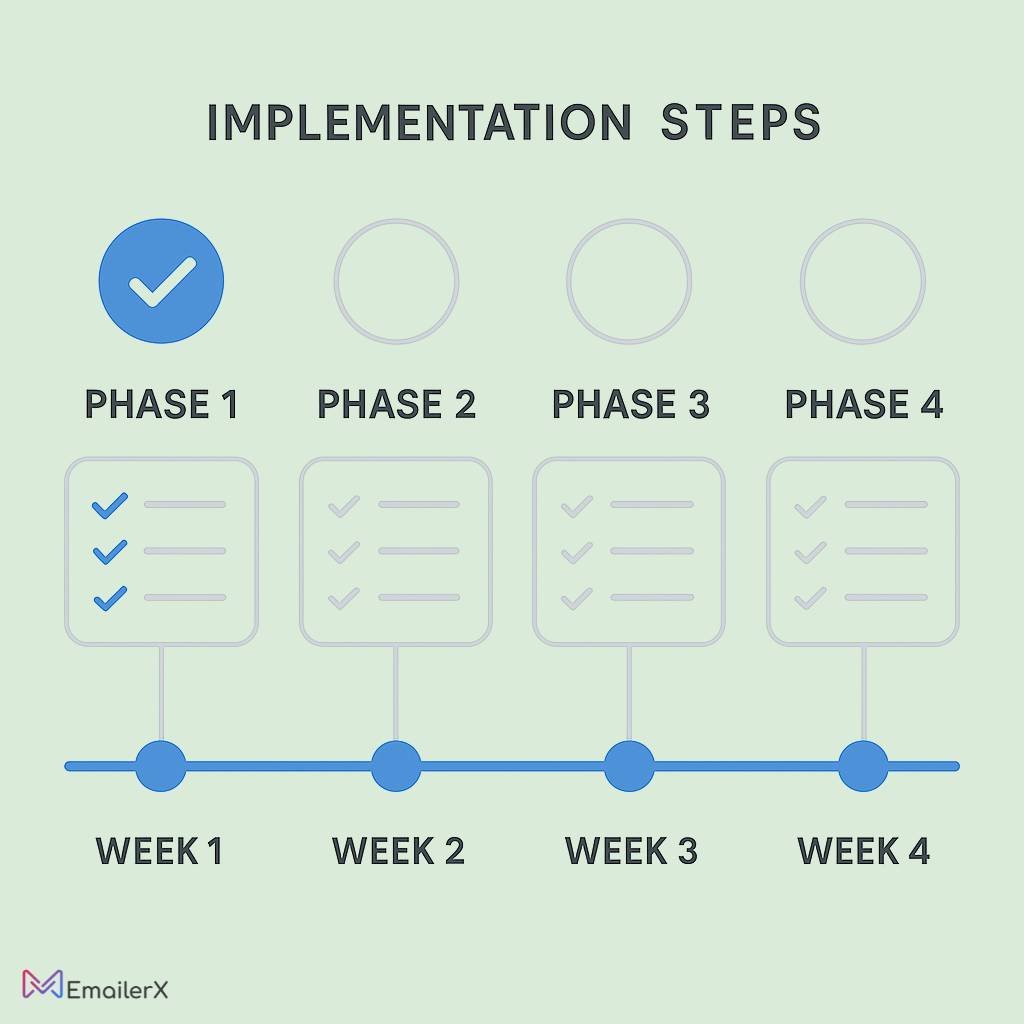
Successfully implementing email automation for specific industries requires a structured approach:
Phase 1: Foundation Setup (Week 1-2)
Platform Configuration:
- Account setup with proper domain configuration
- Email authentication (SPF, DKIM, DMARC) implementation
- Integration configuration with existing CRM
- Team member invitation and permission setting
- Compliance settings configuration
Deliverability Preparation:
- Domain warming initiation
- Email account warming process
- Sender reputation baseline establishment
- Blacklist monitoring setup
- Feedback loop configuration
Phase 2: Content Development (Week 2-3)
Template Creation:
- Industry-specific template development
- Personalization variables mapping
- A/B testing variants preparation
- Compliance review for all content
- Approval workflow establishment
Sequence Design:
- Email sequences structure planning
- Follow-up timing optimization
- Conditional logic implementation
- Exit criteria definition
- Re-engagement sequences creation
Phase 3: Testing and Optimization (Week 3-4)
Limited Testing:
- Small batch testing (50-100 prospects)
- Deliverability monitoring of test sends
- Response rate analysis
- Technical issue identification and resolution
- Performance baseline establishment
Optimization:
- Subject line A/B testing
- Send time optimization
- Personalization effectiveness analysis
- Sequence timing adjustments
- Content iteration based on feedback
Phase 4: Full Deployment (Week 4+)
Scale-Up Process:
- Gradual volume increase
- Performance monitoring with daily reviews
- Deliverability tracking and maintenance
- Response management process implementation
- Continuous optimization based on data
Advanced Features Comparison

For sophisticated users, these advanced features distinguish top-tier platforms:
AI and Machine Learning Capabilities
Content Generation:
- AI email writing with GPT integration
- Subject line optimization with ML
- Personalization suggestions based on data
- Response prediction modeling
- Content performance analysis
Send Optimization:
- Send time prediction per prospect
- Frequency optimization based on engagement
- Channel preference learning
- Deliverability scoring with AI
- Automatic list segmentation
Enterprise Security Features
Data Protection:
- SOC 2 Type II compliance
- GDPR compliance tools
- Data encryption in transit and at rest
- Access control with SSO integration
- Audit logging for compliance
Advanced Permissions:
- Role-based access control
- IP whitelisting options
- Two-factor authentication
- Data retention policies
- Compliance reporting automation
Multi-Channel Integration
Channel Orchestration:
- Email and LinkedIn sequencing
- Phone call integration
- SMS messaging capabilities
- Social media engagement
- Video messaging options
Unified Analytics:
- Cross-channel attribution
- Unified prospect journey tracking
- Channel effectiveness comparison
- ROI attribution across touchpoints
- Comprehensive reporting dashboards
Frequently Asked Questions
How do I choose between different cold email platforms?
Focus on your specific needs: small businesses should prioritize ease of use and cost-effectiveness (Hunter, Woodpecker), while agencies need client management features (Smartlead, Instantly), and enterprises require advanced analytics and security (Outreach, Salesloft).
What’s the difference between cold email software and email marketing platforms?
Cold email software is designed for first-time outreach to unknown prospects with advanced personalization and deliverability features, while email marketing platforms focus on nurturing existing subscribers with broadcast campaigns.
How much should I expect to pay for cold email software?
Pricing ranges from free (Hunter Campaigns) to $200+/user/month (enterprise solutions). Most small businesses find good solutions in the $30-100/month range, while agencies typically spend $100-500/month depending on volume.
How long does it take to implement a cold email platform?
Basic setup takes 1-2 weeks, including domain warming and initial template creation. Full optimization typically requires 4-6 weeks of testing and refinement.
How do I ensure my cold emails don’t go to spam?
Focus on proper domain authentication, gradual volume increases, list quality, content optimization, and choose platforms with strong deliverability features like built-in warm-up tools.
What’s a good response rate for cold emails?
Industry benchmarks show: 0.7% average response rate, 4.2% good response rate, and 0.032% poor response rate. Rates above 5% are considered excellent for cold outreach.
Which platform is best for B2B SaaS companies?
Outreach.io or Instantly.ai work well for SaaS due to their advanced automation, analytics, and integration capabilities needed for longer B2B sales cycles.
How important is CRM integration?
Critical for most businesses. Native integrations with your CRM (Salesforce, HubSpot, Pipedrive) ensure seamless data flow and prevent prospect communication gaps.


